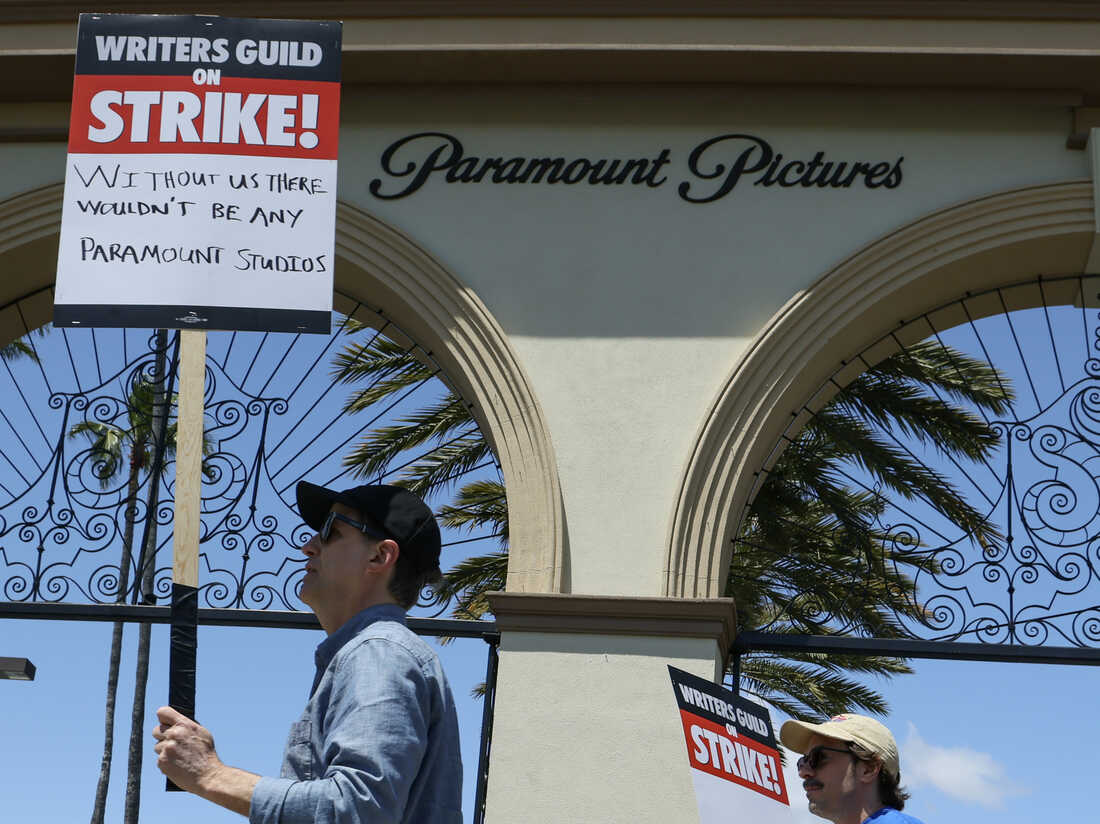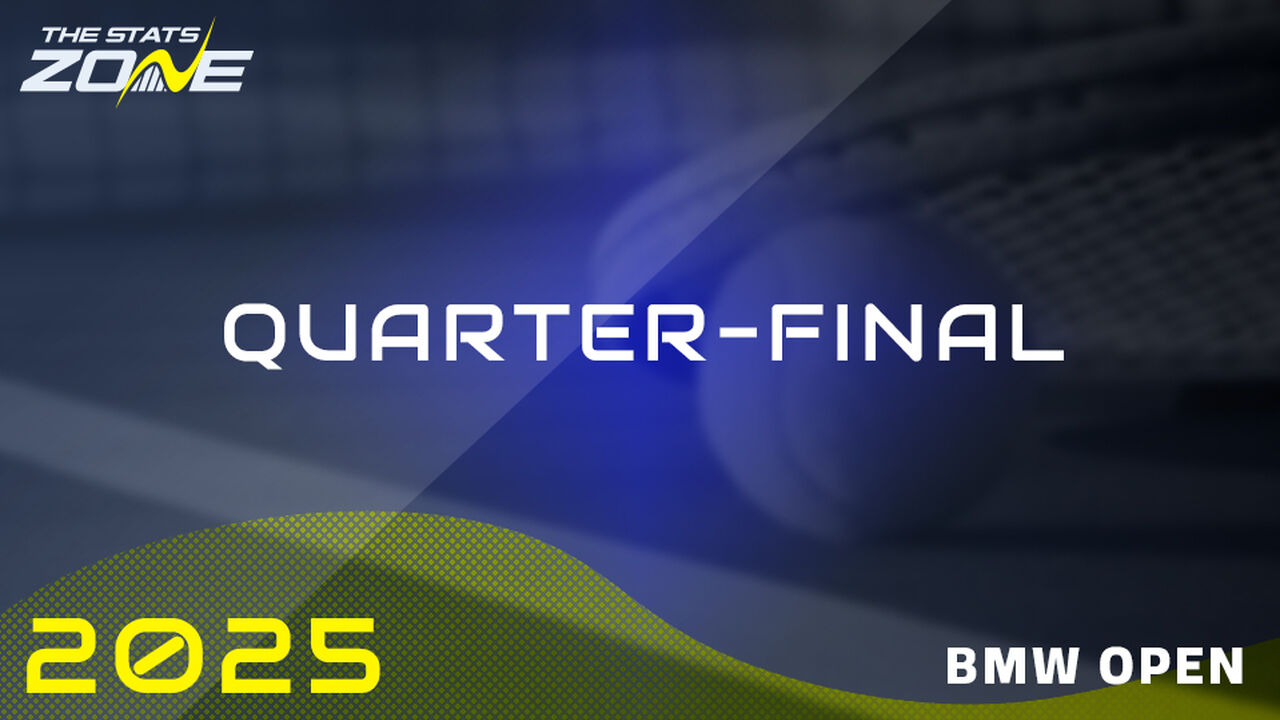Double Trouble In Hollywood: Writers' And Actors' Strike Cripples Film And Television

Table of Contents
The Writers' Guild of America (WGA) Strike: Fighting for Fair Compensation and Working Conditions
The WGA strike, which began in May 2023, is fueled by a multitude of concerns, but chief among them are fair compensation and improved working conditions. The rise of streaming platforms has dramatically altered the landscape for television writers.
Minimum Wages and Residuals
The traditional model of television compensation, which included significant residuals from syndication and DVD sales, has been severely eroded by streaming. Streaming services offer often pay a flat fee with no share in the platform’s revenue, drastically reducing writers' earnings.
- Examples of reduced writer pay: Many writers report earning significantly less per episode on streaming shows compared to network television, even for shows with massive viewership.
- Residuals are crucial: Residuals, payments made to writers each time their work is re-aired or sold, were once a vital part of a writer's income. The decline of these payments under the current streaming model has created significant financial hardship for many.
The Impact on Television Production
The WGA strike has brought countless television shows to a grinding halt. Production delays are widespread, and several projects face potential cancellation. This ripple effect extends far beyond writers themselves.
- Major television shows impacted: Shows like Late Night with Seth Meyers, Saturday Night Live, and numerous network dramas and comedies have been affected.
- Ripple effects: The strike has led to job losses and financial hardship for crew members, caterers, post-production staff, and countless others who depend on the television industry.
The Writers' Room and Creative Control
The WGA is also fighting for greater creative control and against the increasing use of artificial intelligence (AI) in writing.
- AI concerns: The WGA is concerned about the potential for AI to replace human writers, undermining their creativity and livelihoods.
- Protecting creative rights: The fight for creative control is about ensuring that writers retain ownership and authorship of their work.
The SAG-AFTRA Strike: Protecting Actors' Rights in the Age of Streaming
The SAG-AFTRA strike, which began shortly after the WGA strike, amplifies the concerns raised by writers and adds a layer of urgency. Actors face similar challenges regarding fair compensation and working conditions in the streaming era.
Fair Wages and Residuals for Actors
Like writers, actors have seen their earnings drastically reduced by the shift to streaming. Residuals, once a substantial source of income, are largely absent in many streaming deals.
- Traditional vs. streaming compensation: Actors often receive a much lower pay rate for streaming projects compared to traditional television.
- AI and deepfakes: The use of AI and deepfakes raises significant concerns about actors' rights and the potential for their likeness to be exploited without consent or compensation.
Self-Tape Auditions and Working Conditions
The rise of self-tape auditions places a significant financial and logistical burden on actors, who often have to cover the costs of equipment and editing. Moreover, on-set working conditions are often challenging, with limited protection for actors.
- Financial burden of self-tapes: Actors often have to invest in high-quality cameras, lighting, and editing software, representing a significant personal expense.
- Safety and working conditions: The strike highlights concerns regarding long working hours, unsafe conditions, and inadequate protection for actors on set.
The Impact on Film and Television Production
The SAG-AFTRA strike has compounded the impact of the WGA strike, essentially bringing the entire film and television industry to a standstill. Major productions across the country have been halted.
- Major productions affected: Numerous major film and television projects, including late-night shows, studio films, and streaming series, are at a standstill.
- Economic impact: The combined strikes are creating a devastating economic impact, affecting not only the major studios but also local businesses and communities that rely on the entertainment industry.
The Combined Impact and Potential Outcomes
The combined WGA and SAG-AFTRA strikes represent an unprecedented moment in Hollywood history, with potentially far-reaching consequences.
The Economic Fallout
The financial repercussions are immense, impacting production companies, studios, and related businesses across the globe.
- Potential job losses: Thousands of individuals across various sectors of the entertainment industry are experiencing job losses or financial insecurity.
- Global market effect: The Hollywood strike will have a domino effect on the global entertainment market, impacting film festivals, distribution, and international production.
Negotiation and Resolution
The outcome of these strikes remains uncertain. Negotiations are ongoing, but the potential for a lengthy strike and significant changes in the industry landscape is very real.
- Long-term strike potential: A prolonged strike could have devastating long-term consequences for the industry.
- Industry landscape changes: The strikes could force significant changes in how the industry operates, impacting compensation structures, working conditions, and the use of AI.
Conclusion
The double strike in Hollywood is not just about money; it's a battle for fair treatment, creative control, and the future of the entertainment industry. The financial and creative repercussions are already significant, and the long-term impact remains to be seen. This Hollywood strike underscores the need for significant change in how the industry values and compensates the individuals who bring us the stories we love. Follow the Hollywood strike closely, stay updated on the Writers' and Actors' strike, and learn more about the impact of this double strike. Consider supporting the striking workers and advocating for fair labor practices within the entertainment industry.

Featured Posts
-
 Doj Investigation Undershadows Live Nations Addition Of Richard Grenell To Board
May 29, 2025
Doj Investigation Undershadows Live Nations Addition Of Richard Grenell To Board
May 29, 2025 -
 Arcanes Missed Opportunity How Spinoffs Can Expand The World
May 29, 2025
Arcanes Missed Opportunity How Spinoffs Can Expand The World
May 29, 2025 -
 Nike Air Max 95 97 Ducks Of A Feather By Division Street Release Info
May 29, 2025
Nike Air Max 95 97 Ducks Of A Feather By Division Street Release Info
May 29, 2025 -
 Air Max 95 97 X Division Street Ducks Of A Feather Release Date And Where To Buy
May 29, 2025
Air Max 95 97 X Division Street Ducks Of A Feather Release Date And Where To Buy
May 29, 2025 -
 Pcc Community Markets Unexpected Profit Surge In 2024
May 29, 2025
Pcc Community Markets Unexpected Profit Surge In 2024
May 29, 2025
Latest Posts
-
 Elon Musks Awkward Saudi Encounter With Donald Trump
May 31, 2025
Elon Musks Awkward Saudi Encounter With Donald Trump
May 31, 2025 -
 Trumps Changing Stance On Musk Cnn Data Chief Explains
May 31, 2025
Trumps Changing Stance On Musk Cnn Data Chief Explains
May 31, 2025 -
 Madrid Atp 1000 Girons Victory Over Berrettini
May 31, 2025
Madrid Atp 1000 Girons Victory Over Berrettini
May 31, 2025 -
 Munich Tennis Zverev Battles Griekspoor In Bmw Open Quarter Finals
May 31, 2025
Munich Tennis Zverev Battles Griekspoor In Bmw Open Quarter Finals
May 31, 2025 -
 Zverev Vs Griekspoor Bmw Open 2025 Quarter Final Highlights
May 31, 2025
Zverev Vs Griekspoor Bmw Open 2025 Quarter Final Highlights
May 31, 2025
